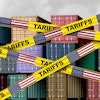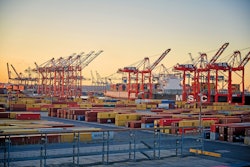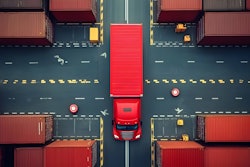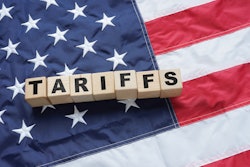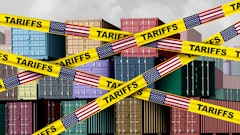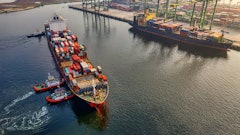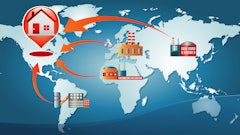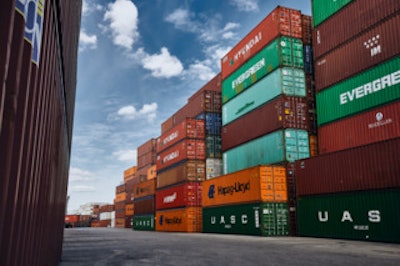
Digital Container Shipping Association (DCSA) released final versions of its Booking 2.0 and Bill of Lading 3.0 standards, designed to streamline data exchange between shippers and carriers.
“We are thrilled to launch the final versions of our Booking and Bill of Lading standards, ensuring seamless data exchange across all industry participants. These advancements will not only cut costs through automation and reduced manual processing but also set the foundation for a more interoperable and efficient global shipping ecosystem,” says Thomas Bagge, CEO, DCSA. “This couldn’t have been possible without close collaboration with our valued members and the broader global community of shippers, governments, freight forwarders, carriers, and operational partners. This is a further step to set the technological foundation for more interoperable solutions and drive recognition of the value of standardization across the maritime industry.”
Key takeaways:
- The enhanced standards introduce critical features such as enhanced security through the addition of a digital signature to the electronic Bill of Lading (eBL); increased levels of compliance with the introduction of 190-plus attributes to the shipping instructions to support Import Control System 2 (ICS2), the new advance manifest requirement for all cargo moving to or through the EU, Norway, Switzerland or Northern Ireland; and greater visibility underpinned by the ability to provide notifications, including the full content of a booking, shipping instructions or transport document.
- Fully digitized data exchange between carrier systems and transportation management systems (TMS) will reduce reliance on OCR solutions, saving time and resources.
- The adoption of the finalized standards will also improve sustainability efforts, significantly cutting paper usage by encouraging greater uptake of eBLs.



